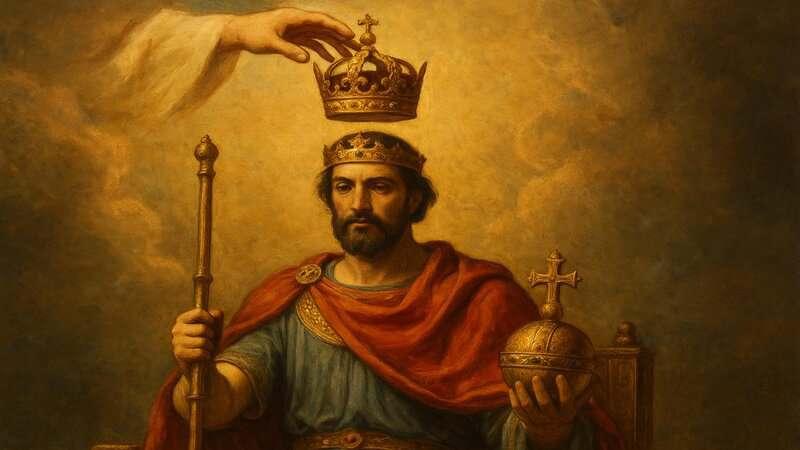1. Pharaohs of Ancient Egypt

Egyptian pharaohs stood atop society as living gods, believed to be direct descendants of Ra or Horus. This divine status was more than symbolism—it gave them absolute power over life, law, and religion. The pharaoh’s word was law, unquestioned by mortal subjects. While other theocratic rulers claimed spiritual favor, few matched Egypt’s fusion of state and deity. This tradition is well-documented by sources such as Encyclopedia Britannica, highlighting how divinity cemented the pharaoh’s control.


















